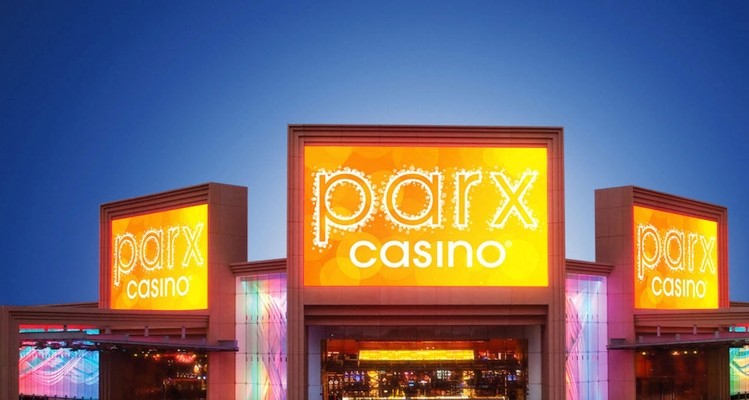Record revenue in 2015 was reported by Pennsylvania casinos, reversing two consecutive years of declines.
Gross revenue from table game play at Pennsylvania’s 12 casinos in 2015 of $808,135,353 was an almost 8 percent increase over revenue in 2014. It was the state’s highest annual figure since casino gaming was legalized in Pennsylvania, according to figures released by the Pennsylvania Gaming Control Board. Combined with the year’s slot machine revenue of $3.17 billion, 2015’s total revenue from casino gaming improved by 3.14 percent over that in 2014.
Last year’s figure also surpassed 2012’s annual revenue just shy of $3.16 billion, the most recent highest gaming revenue year, and makes 2015 the fifth consecutive year in which casino revenue totals topped $3 billion. Total gaming revenue generated in Pennsylvania since its first casino opened now exceeds $22.6 billion through 2015’s end, snapping two consecutive years of declines driven entirely by falling slot revenue.
While revenue from slots rose by 2 percent to $2.36 billion in 2015, it was less than the total revenue from slots in the three years spanning 2011 and 2013. Revenue from table games increased to $808 million, a 7.8 percent increase and new record nearly quadrupling 2010’s earnings, when table play was first authorized at Pennsylvania’s casinos.
Edging out Sands Bethlehem’s $514 million which included $299 million from slots and $214 million from table play, the state’s top earner was Parx Casino in 2015, generating $523 million, which included $379 million from slots, and $144 million from the tables. While the table rankings were dominated by Sands Bethlehem, the unquestioned slots leader was Parx.
Last year’s record highs bring the total gaming revenue earned to over $22.6 billion since the market opened in 2006. The state retained $11.8 billion of that due to its punitive 54 percent tax rate.
The results from Pennsylvania’s 2015 annual revenue earnings majorly contrasts those of neighboring Atlantic City, which for the ninth consecutive year reported revenue decline in 2015. Since Pennsylvania’s market launch Atlantic City casinos have been taking a hit, and revenue totals in 2015 were less than half of its 2006 peak, according to CalvinAyre. Not only have Pennsylvania casinos cannibalized Atlantic City’s business, it has, so far, successfully kept new competition out on its southern border with neighboring Maryland. In 2015 revenue in Maryland five casinos reportedly increased by 8.4 percent. In 2016 Pennsylvania will get more competition from Maryland when MGM National Harbor, its sixth and final casino, opens in the latter half of the year.


